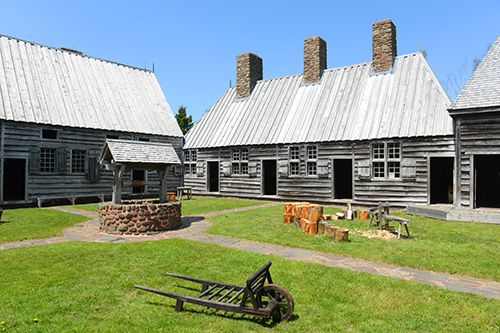Description
In 1861, the Union Navy captured and occupied the sea islands surrounding Port Royal Sound, South Carolina, home of the aristocratic Southern planters who fathered the secession movement. Virtually all of the islands’ white inhabitants fled before the invading forces, leaving behind approximately 10,000 slaves. This gave rise to an extraordinary experiment in emancipation whereby well-educated men and women from wealthy Northern families travelled to the Sea Islands to employ the former slaves as wage laborers on cotton plantations operated by the U.S. government, and to establish schools for their children, all as part of an attempt to create a model society for a post-slavery South. This so-called Port Royal Experiment yielded a remarkable postbellum society of independent black farmers, businessmen, and public officials, living and working in collaboration with transplanted Northern whites, until it was destroyed by a campaign of violence and disenfranchisement led by Southern whites towards the end of the nineteenth century. This lecture will highlight the all-but-forgotten achievements of the Port Royal Experiment, and its many missed opportunities.



